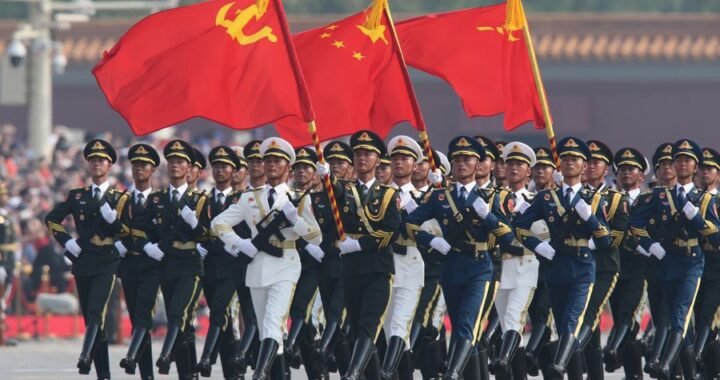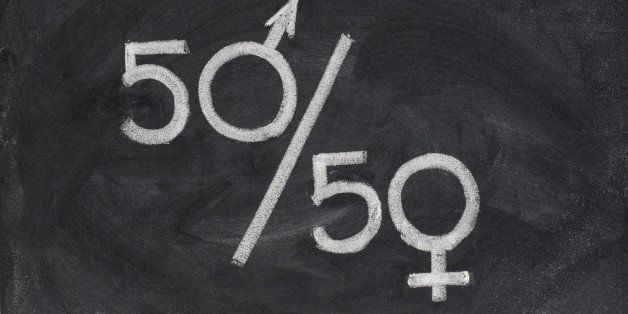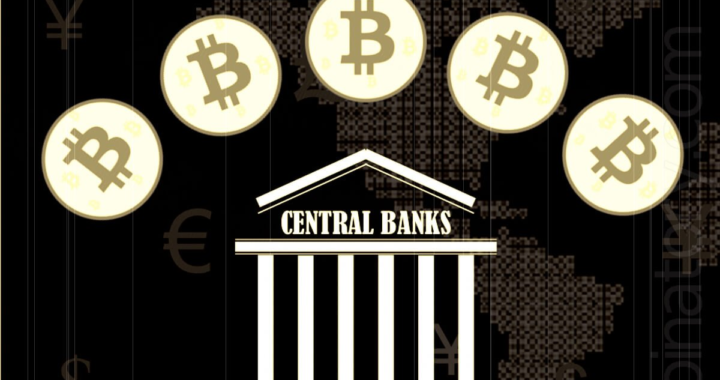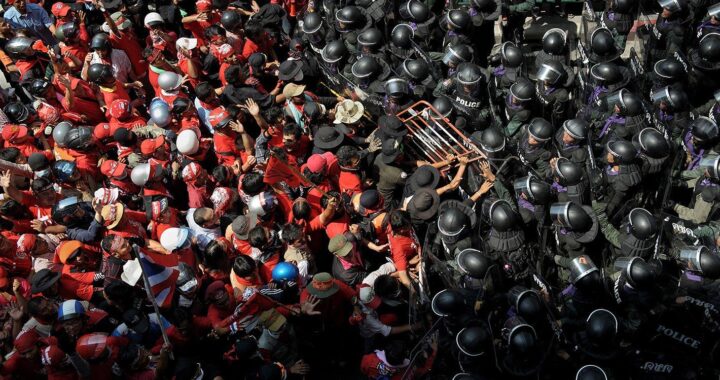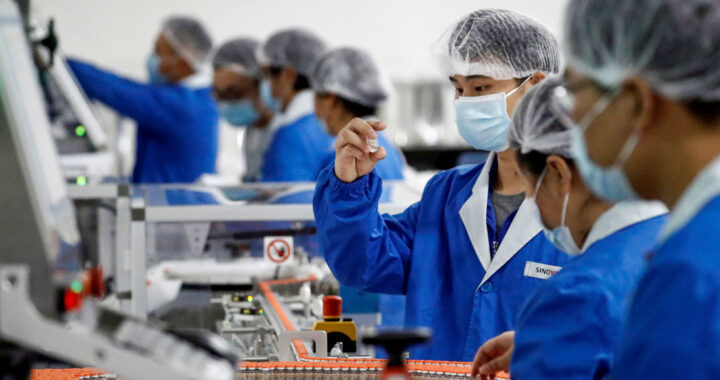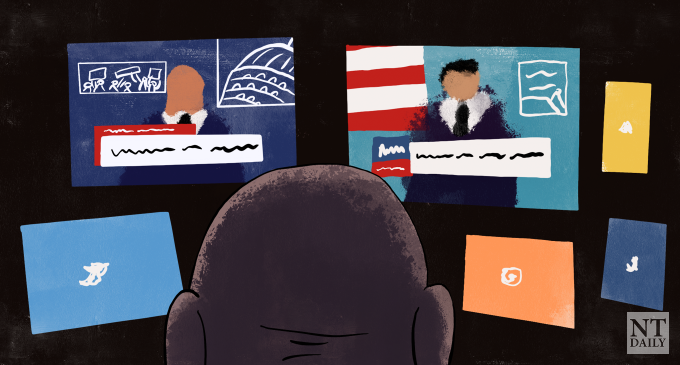From Fox News to CNN, BBC, or RT and down to the hundreds of others that follow, what is the difference? If all the stories they report are the same, why are there so many media outlets? Although there is some truth behind the stories they report, it is the angle in which it is covered that is different. All while discarding those important marginalized topics that they deliberately choose to throw away as it is of insignificance to them and their advertiser’s agendas. Every news outlet has its own political agenda to push. As they have their own political agenda, they also decide where they want you to look at and where they want you to turn your head away from.




